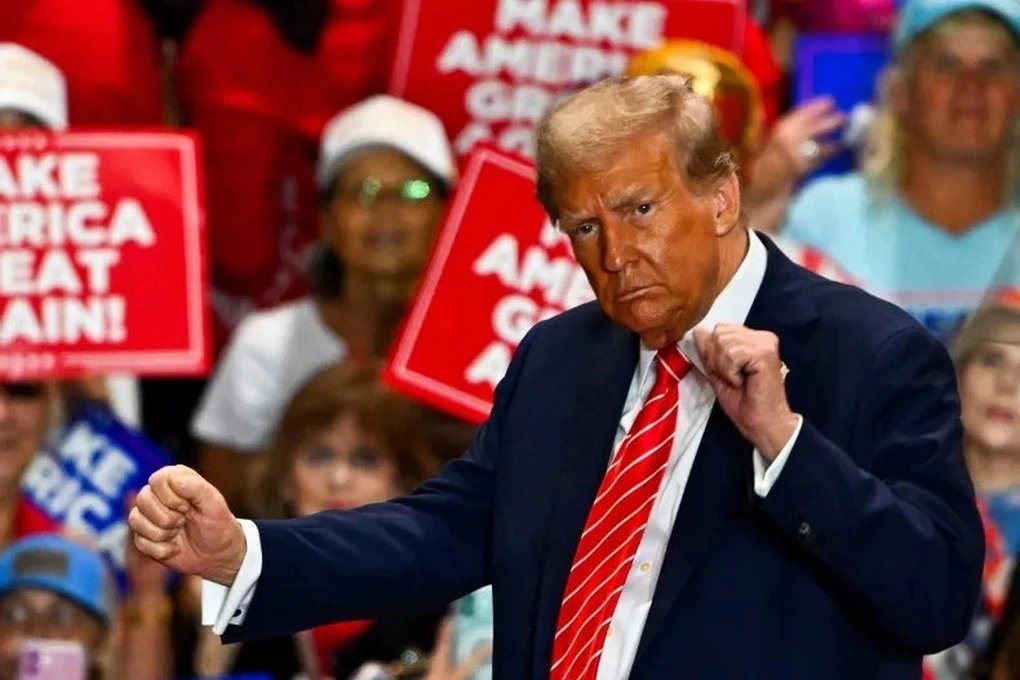In recent years, former President Donald Trump has remained a dominant figure in American politics, the media, and even the financial world. While his supporters view him as a shrewd businessman and strategic leader, critics argue that his statements and policies have had questionable impacts on the financial markets. Among the most controversial claims is the accusation that Trump has manipulated the market for personal, political, or ideological gains. This article takes a deep dive into why Trump is accused of manipulating the market, what forms this alleged manipulation took, and how it may have affected investors, businesses, and the U.S. economy as a whole.
## The Power of a President’s Words on Wall Street
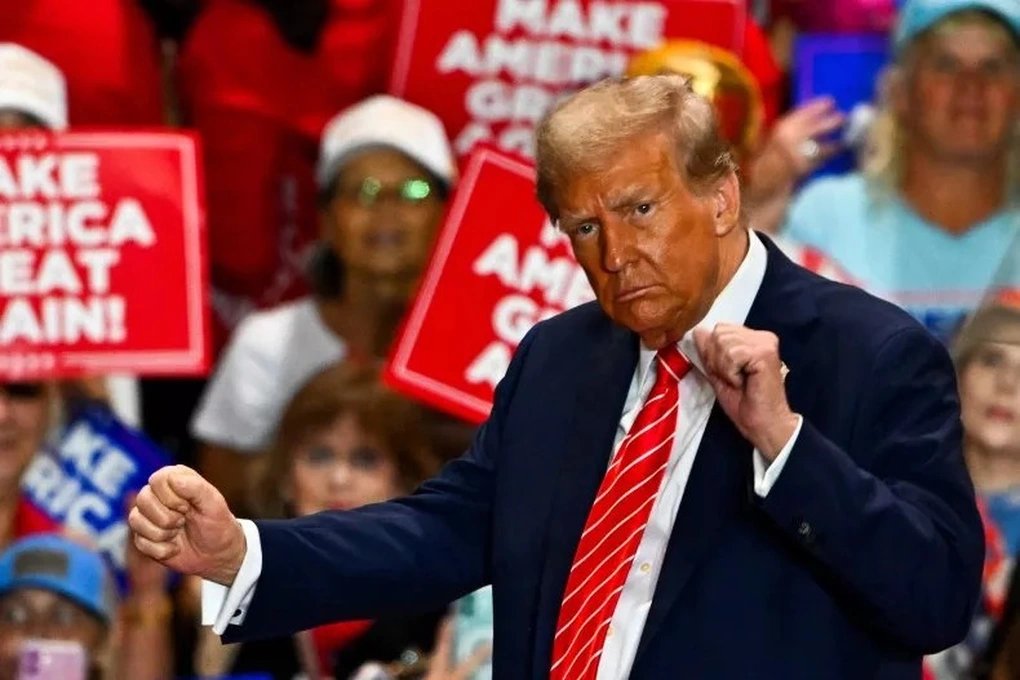
The financial market is highly sensitive to political developments. Investors constantly analyze political speeches, policy announcements, and government actions to predict future market movements. When a sitting president makes public statements, especially about the economy, interest rates, or trade policy, the markets often react immediately.
Trump, with his background in business and media, understood this influence deeply. He frequently used social media platforms—most notably Twitter—to communicate directly with the public. Many of his tweets had an almost instantaneous impact on stock prices, bond yields, and even global markets. This unique blend of presidential authority and social media reach made Trump an especially powerful market mover.
## Accusations Rooted in Timing and Specificity
One of the primary reasons Trump has been accused of manipulating the market is the **precise timing** of his statements. Critics argue that Trump often tweeted or commented on sensitive economic topics—like trade negotiations with China, interest rate policies, or employment data—at moments when market volatility was high.
For instance, during the U.S.-China trade war, Trump frequently tweeted about the progress (or setbacks) in the negotiations. These tweets often caused wild swings in the stock market. In many cases, Trump would claim “very good conversations” were taking place just when markets were under pressure. This has led some analysts to suggest that these announcements were not always grounded in fact but were designed to ease investor concerns and drive the markets upward.
## Manipulation via Trade Policy Announcements
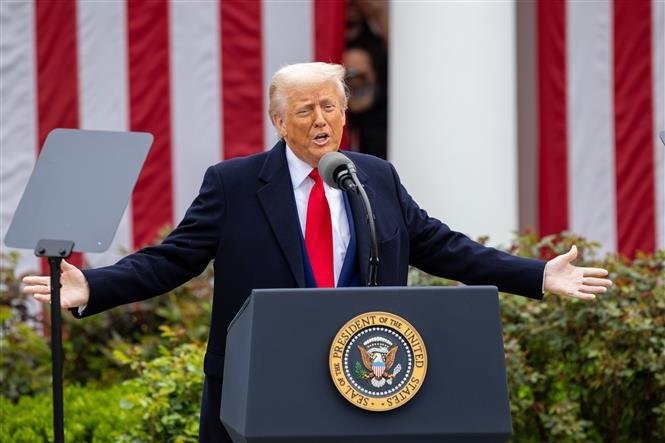
Another area where Trump is accused of market manipulation is through his handling of **trade policy**. His administration imposed tariffs on various countries, especially China, which rattled global supply chains and investor confidence. However, Trump sometimes gave mixed signals—first imposing tariffs, then suggesting a possible rollback, only to later re-impose them.
This back-and-forth strategy led to significant fluctuations in market indices like the Dow Jones Industrial Average and the S&P 500. While some saw this as part of a broader negotiation tactic, others viewed it as deliberate manipulation. The sudden changes in tone were often interpreted as attempts to influence short-term market sentiment, which, if done knowingly and with intent to mislead, borders on market manipulation.
## Allegations Tied to Federal Reserve Comments
Trump also broke long-standing presidential norms by **repeatedly criticizing the Federal Reserve** and its chairman, Jerome Powell. Traditionally, U.S. presidents refrain from public commentary on the Fed to preserve its independence. Trump, however, openly pressured the Fed to lower interest rates and keep monetary policy loose.
These statements were often released just ahead of Federal Reserve meetings or economic data releases. Each time Trump tweeted about the need for lower interest rates, markets responded. Bond yields dropped, stocks surged, and the dollar weakened—precisely the kind of market movement that benefits businesses and, potentially, certain investors.
Critics argue that Trump’s comments undermined the Fed’s independence and may have been an intentional strategy to influence monetary policy for political gain—another form of market interference.
## Stock Market as a Political Tool
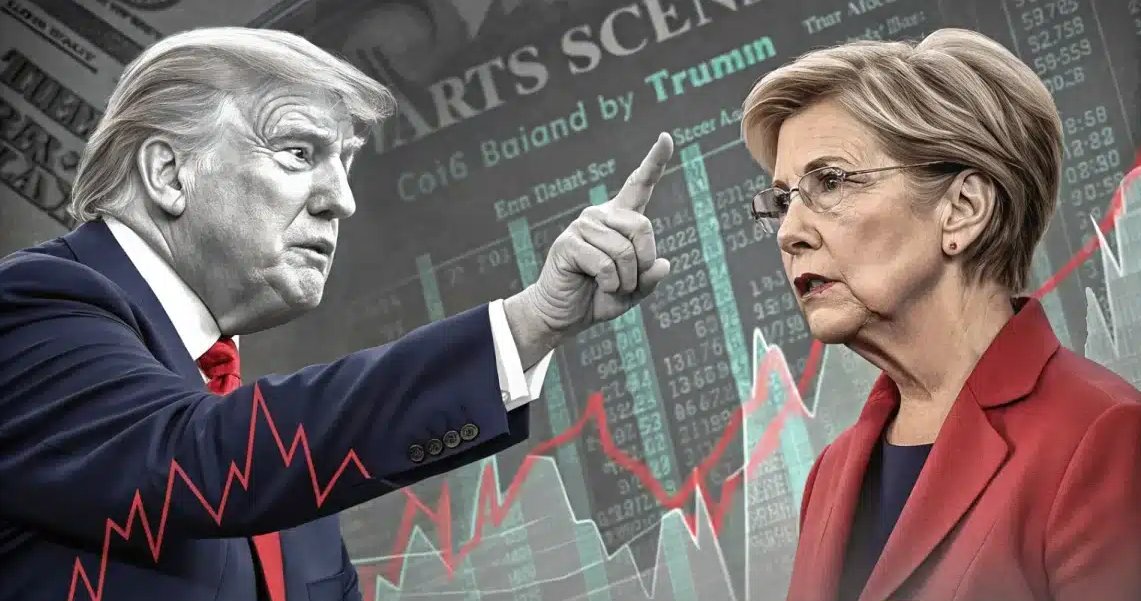
Throughout his presidency, Trump often equated the performance of the stock market with the success of his administration. He regularly cited rising market indices as evidence of his economic policies working. This strategy, however, may have created a political incentive to keep the market inflated at all costs.
Some analysts believe that Trump’s consistent efforts to prop up the market—even during periods of economic uncertainty, such as the early stages of the COVID-19 pandemic—were aimed at creating a favorable narrative ahead of the 2020 election. Measures like rapidly announcing potential vaccine breakthroughs or economic reopening timelines, despite ongoing risks, were seen by some as efforts to prevent a market crash before voting began.
## Market Movements and Insider Speculation
While there is no public evidence directly linking Trump or his inner circle to illegal insider trading, some financial experts have pointed out that market manipulation doesn’t always require direct personal gain. Even without trading stocks himself, a president can influence market behavior for political leverage.
However, suspicious trading patterns around Trump’s major announcements—like unexpected market rallies just before good news tweets—have sparked calls for investigation. Critics argue that someone close to Trump may have had advance knowledge of his tweets or policy decisions and used that information to benefit from stock movements. These suspicions, although not confirmed, fuel the broader accusations of market manipulation.
## Influence on Cryptocurrency and Commodity Markets
Interestingly, Trump’s influence wasn’t limited to traditional markets. He also made comments about **cryptocurrencies**, **gold**, and **oil prices**, all of which experienced volatility in reaction to his words. For instance, Trump once tweeted that he was “not a fan of Bitcoin,” which led to a sudden drop in the cryptocurrency’s price.
Similarly, his geopolitical comments—especially about the Middle East—frequently affected oil prices. By hinting at potential conflicts or peace talks, he had the power to swing commodity prices up or down, impacting global markets. Critics say this kind of rhetoric-driven influence is another form of indirect manipulation.
## Legal and Ethical Perspectives
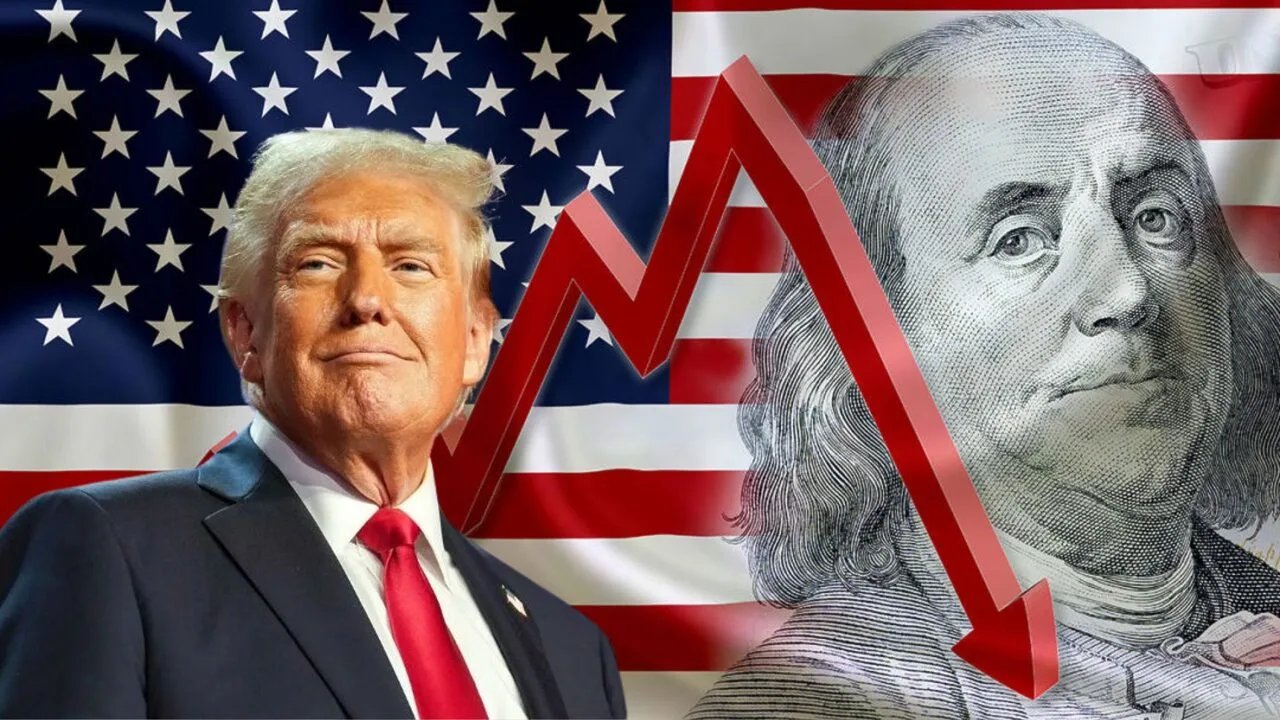
Legally speaking, proving **market manipulation** by a sitting or former president is extremely challenging. Unlike corporate executives, who can be scrutinized under SEC regulations, the president has a broader communication platform and unique legal protections. Furthermore, much of what Trump said publicly was framed as political speech or opinion, making it difficult to establish intent or malicious action.
That said, the **ethical concerns** are significant. The idea that a president might use his public influence to sway financial markets—intentionally or recklessly—raises serious questions about transparency, accountability, and fairness in a democratic system. It also creates a dangerous precedent for future leaders who might use similar tactics for political or financial advantage.
## Impact on Retail Investors and Market Trust
Trump’s alleged manipulation did not occur in a vacuum. The real-world consequences affected millions of **retail investors**, many of whom made financial decisions based on presidential statements. Some lost money due to the volatility triggered by policy reversals or misleading optimism.
Moreover, the broader trust in the financial system was eroded. When investors begin to believe that markets are being guided not by fundamentals but by political theatrics, it undermines confidence and increases risk. Long-term investment strategies become harder to plan, and market unpredictability deters international capital.
## What Happens Next?
With Trump remaining a central figure in American politics and hinting at another presidential run, questions about his influence over the market are far from over. If re-elected, it’s likely that similar accusations could resurface, especially if he continues to use social media platforms to communicate directly with the public.
Meanwhile, watchdog organizations and government agencies are under pressure to establish clearer guidelines for how political figures can interact with market-sensitive information. There are growing calls for increased transparency, better oversight of market-moving statements, and potential regulation of how social media is used by political leaders.
## Conclusion
The accusations that Donald Trump manipulated the financial markets stem from a unique combination of political power, communication style, and timing. Whether it was tweeting about trade wars, criticizing the Fed, or hinting at economic recoveries, his statements had undeniable market-moving effects. While not all of these actions constitute illegal manipulation, they do raise serious ethical and economic questions.
In a world where information spreads faster than ever, and where political leaders have direct access to millions through digital platforms, the line between economic commentary and market interference continues to blur. As such, the Trump era offers a case study in how modern politics can reshape the behavior of global markets—and why future leaders must tread carefully when wielding such influence.
